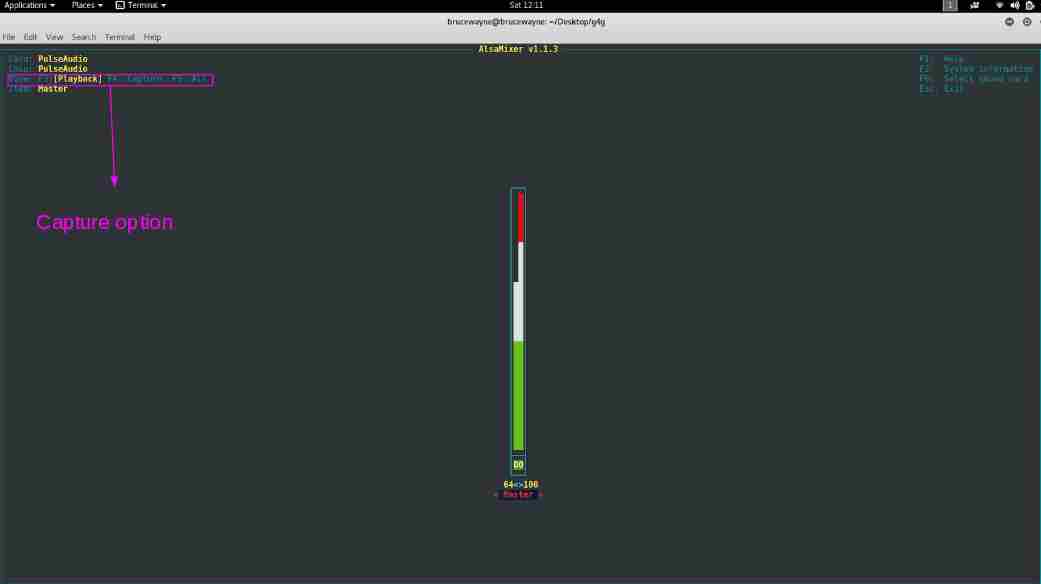Python支持一种容器类型,比如 字典 “叫” namedtuple() “出现在模块中,” 收藏 “。与字典一样,它们包含散列到特定值的键。但相反,它支持从键值访问和迭代,这是字典所缺乏的功能。
null
例子:
Python3
# Python code to demonstrate namedtuple() from collections import namedtuple # Declaring namedtuple() Student = namedtuple( 'Student' , [ 'name' , 'age' , 'DOB' ]) # Adding values S = Student( 'Nandini' , '19' , '2541997' ) # Access using index print ( "The Student age using index is : " , end = "") print (S[ 1 ]) # Access using name print ( "The Student name using keyname is : " , end = "") print (S.name) |
输出:
The Student age using index is : 19The Student name using keyname is : Nandini
让我们看看namedtuple()上的各种操作
访问操作
- 按索引访问: namedtuple()的属性值是有序的,可以使用索引号来访问,这与索引无法访问的字典不同。
- 按密钥名访问: 在字典中,也允许通过键名进行访问。
- 使用getattr(): 这是访问该值的另一种方法,它将namedtuple和key value作为参数。
Python3
# Python code to demonstrate namedtuple() and # Access by name, index and getattr() # importing "collections" for namedtuple() import collections # Declaring namedtuple() Student = collections.namedtuple( 'Student' , [ 'name' , 'age' , 'DOB' ]) # Adding values S = Student( 'Nandini' , '19' , '2541997' ) # Access using index print ( "The Student age using index is : " , end = "") print (S[ 1 ]) # Access using name print ( "The Student name using keyname is : " , end = "") print (S.name) # Access using getattr() print ( "The Student DOB using getattr() is : " , end = "") print ( getattr (S, 'DOB' )) |
输出:
The Student age using index is : 19The Student name using keyname is : NandiniThe Student DOB using getattr() is : 2541997
转换操作
- _make():- 此函数用于返回 iterable中的namedtuple() 作为论据通过。
- _asdict():- 此函数返回 这个 OrderedDict() 根据namedtuple()的映射值构造。
- 使用“**”(双星)运算符 :-此函数用于 将字典转换为namedtuple()。
Python3
# Python code to demonstrate namedtuple() and # _make(), _asdict() and "**" operator # importing "collections" for namedtuple() import collections # Declaring namedtuple() Student = collections.namedtuple( 'Student' , [ 'name' , 'age' , 'DOB' ]) # Adding values S = Student( 'Nandini' , '19' , '2541997' ) # initializing iterable li = [ 'Manjeet' , '19' , '411997' ] # initializing dict di = { 'name' : "Nikhil" , 'age' : 19 , 'DOB' : '1391997' } # using _make() to return namedtuple() print ( "The namedtuple instance using iterable is : " ) print (Student._make(li)) # using _asdict() to return an OrderedDict() print ( "The OrderedDict instance using namedtuple is : " ) print (S._asdict()) # using ** operator to return namedtuple from dictionary print ( "The namedtuple instance from dict is : " ) print (Student( * * di)) |
输出:
The namedtuple instance using iterable is : Student(name='Manjeet', age='19', DOB='411997')The OrderedDict instance using namedtuple is : OrderedDict([('name', 'Nandini'), ('age', '19'), ('DOB', '2541997')])The namedtuple instance from dict is : Student(name='Nikhil', age=19, DOB='1391997')
附加操作
- _字段: 此函数用于返回 所有的关键字 声明的命名空间的名称。
- _替换(): _replace()与str.replace()类似,但以命名字段为目标(不修改原始值)
Python3
# Python code to demonstrate namedtuple() and # _fields and _replace() # importing "collections" for namedtuple() import collections # Declaring namedtuple() Student = collections.namedtuple( 'Student' , [ 'name' , 'age' , 'DOB' ]) # Adding values S = Student( 'Nandini' , '19' , '2541997' ) # using _fields to display all the keynames of namedtuple() print ( "All the fields of students are : " ) print (S._fields) # ._replace returns a new namedtuple, it does not modify the original print ( "returns a new namedtuple : " ) print (S._replace(name = 'Manjeet' )) # original namedtuple print (S) |
输出:
All the fields of students are : ('name', 'age', 'DOB')The modified namedtuple is : Student(name='Manjeet', age='19', DOB='2541997')
本文由 曼吉星 .如果你喜欢GeekSforgek,并想贡献自己的力量,你也可以使用 写极客。组织 或者把你的文章寄去评论-team@geeksforgeeks.org.看到你的文章出现在Geeksforgeks主页上,并帮助其他极客。
如果您发现任何不正确的地方,或者您想分享有关上述主题的更多信息,请写下评论。
© 版权声明
文章版权归作者所有,未经允许请勿转载。
THE END


![关于”PostgreSQL错误:关系[表]不存在“问题的原因和解决方案-yiteyi-C++库](https://www.yiteyi.com/wp-content/themes/zibll/img/thumbnail.svg)





